Disclosure: This article contains affiliate links. We may earn a commission from purchases at no extra cost to you, which helps our travel content.
When I first mentioned to colleagues that I'd be spending a week in Bangui for a career counseling workshop, their reactions ranged from concerned to bewildered. The Central African Republic's capital rarely makes standard travel itineraries, but after seven transformative days along the Ubangi River, I'm convinced more business travelers should extend their stays to experience this resilient city's unique charm. With proper preparation and cultural awareness, Bangui offers a profound window into Central African life that goes far beyond what international headlines might suggest.
Understanding Bangui's Context & Safety
Let's address the elephant in the room - safety concerns in Bangui are valid but often exaggerated. The Central African Republic has experienced political instability, but Bangui itself, particularly the business district and areas frequented by international visitors, maintains a different reality than rural regions.
During my recent visit coordinating career development workshops with local NGOs, I found the security situation manageable with proper precautions. The UN presence remains visible, and while evening movements should be limited, daytime activities conducted with awareness are generally fine.
Before arriving, I arranged comprehensive travel insurance through SafetyWing Nomad Insurance, which specifically covers regions many standard policies exclude. Their 24/7 emergency assistance gave me peace of mind throughout my stay.
Stay connected with a reliable global WiFi hotspot - mine was invaluable for real-time security updates, translation needs, and staying in touch with family back in Brisbane. Local SIM cards work but international roaming is unpredictable in Bangui.
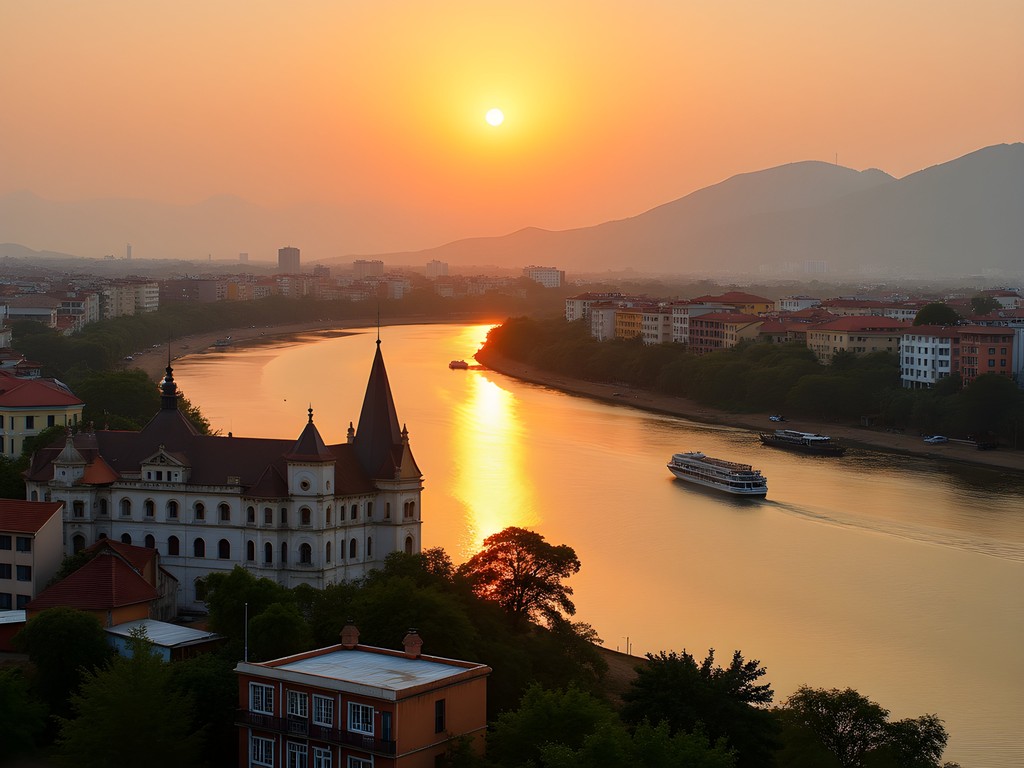
💡 Pro Tips
- Register with your embassy before arrival
- Hire a trusted local driver/guide through your hotel or business contacts
- Keep physical copies of important documents separate from originals
Navigating Business Culture & Connections
Business in Bangui operates on relationships first, transactions second. My career counseling background proved invaluable in understanding the nuanced professional landscape here. Meetings rarely start on time, and rushing straight to business matters is considered impolite. Allow time for personal connection before discussing work.
French is the official language, and while some business leaders speak English, having basic French phrases is essential. I relied heavily on my pocket translator device during meetings with local organizations. This palm-sized device translated complex discussions in real-time, earning appreciative nods from my Central African colleagues.
Business attire leans formal despite the heat. Men wear suits (though jackets are often removed), while women opt for modest dresses or pantsuits. I packed several lightweight, wrinkle-resistant travel blazers which proved perfect for maintaining professionalism while staying comfortable in the tropical climate.
Networking happens organically at hotel restaurants like the Ledger Plaza or Oubangui Hotel, where expatriates and local business leaders gather. A simple introduction often leads to invaluable connections and insights about operating in the Central African context.
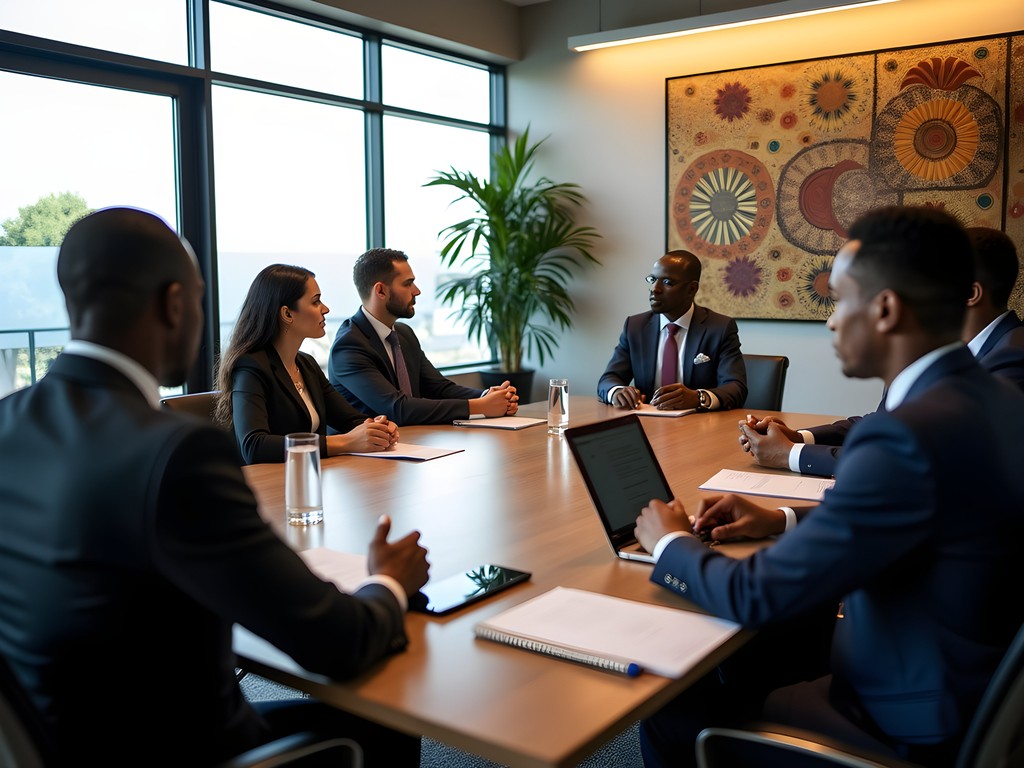
💡 Pro Tips
- Exchange business cards with both hands as a sign of respect
- Schedule important meetings before 2pm when possible
- Build in extra time for all appointments - punctuality is flexible here
Where to Stay: Bangui's Business Accommodations
Accommodation options in Bangui are limited but improving. The Ledger Plaza stands as the premier business hotel with reliable amenities, security, and networking opportunities, though rates reflect its monopoly position. The Oubangui Hotel offers a more authentic experience with its riverside location and colonial architecture, though facilities can be inconsistent.
During my stay at the Oubangui, power outages were common despite the hotel's generator. My portable power station became my room's most valuable asset, keeping my devices charged through unpredictable electricity supplies.
For longer business stays, several serviced apartments exist near the diplomatic quarter, offering kitchen facilities and more space. These arrangements typically require advance booking through local contacts rather than online platforms.
Regardless of where you stay, security should be a priority. I always travel with a portable door lock for added security in any accommodation. This simple device adds an extra layer of protection and peace of mind, especially when staying in places where door locks might not meet international standards.
WiFi is generally available but painfully slow. Consider arranging a workspace at UNECA (United Nations Economic Commission for Africa) or one of the international NGO offices if your work requires reliable internet connectivity.
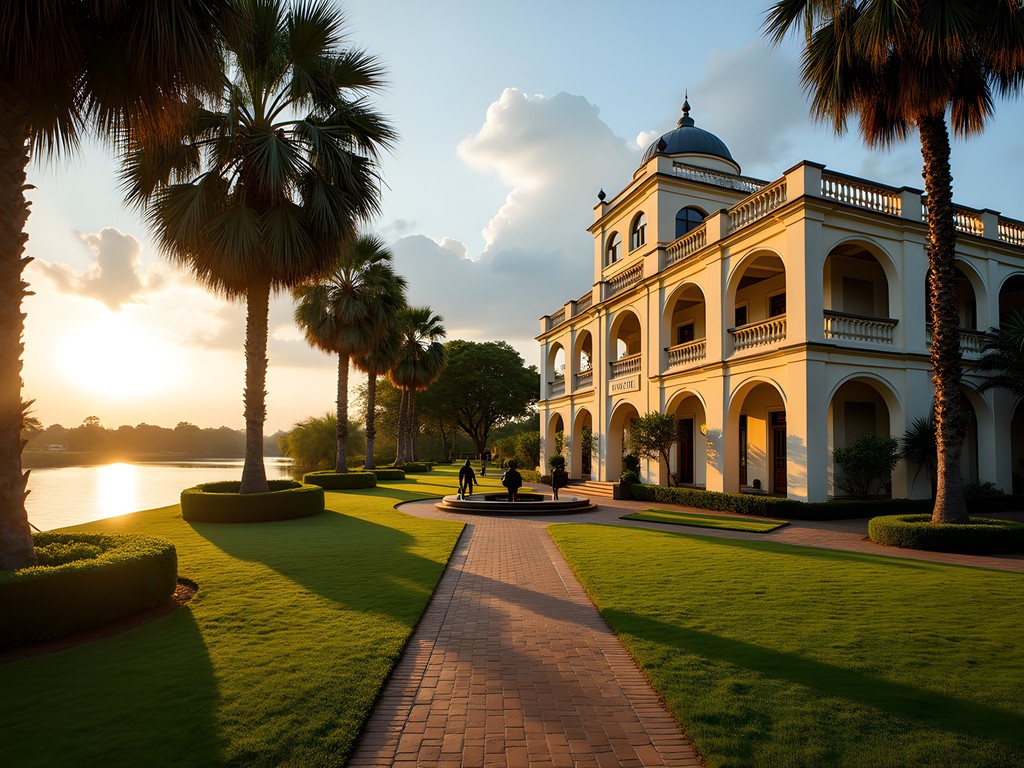
💡 Pro Tips
- Request rooms away from generators which often run all night
- Confirm air conditioning functionality before accepting your room
- Bring your own toiletries as hotel supplies are inconsistent
Beyond Business: Weekend Exploration
The true magic of extending your business trip in Bangui happens when you venture beyond meeting rooms. The Marché Central (Central Market) pulses with energy and offers everything from vibrant textiles to intricate woodcarvings. Bring small denominations of CFA francs and a willingness to negotiate respectfully.
For cultural immersion, visit the Boganda National Museum to understand CAR's complex history and diverse ethnic heritage. The museum's collection is modest but provides valuable context to the nation's current challenges and rich traditions.
One unexpected highlight was discovering Bangui's emerging street art scene. Local artists are increasingly using public spaces to express hopes for peace and reconciliation. My compact waterproof backpack was perfect for these urban explorations, especially during brief afternoon rain showers.
The Bangui Botanical Gardens offer a peaceful retreat from the city's intensity. Though not as manicured as Western equivalents, the gardens showcase Central African flora and provide a glimpse into conservation efforts.
No visit is complete without experiencing sunset along the Ubangi River. Local wooden boats offer short cruises where you'll witness fishing communities and stunning views of neighboring Democratic Republic of Congo. I protected my skin from the intense equatorial sun with reef-safe sunscreen which withstood both heat and humidity without harming the river ecosystem.
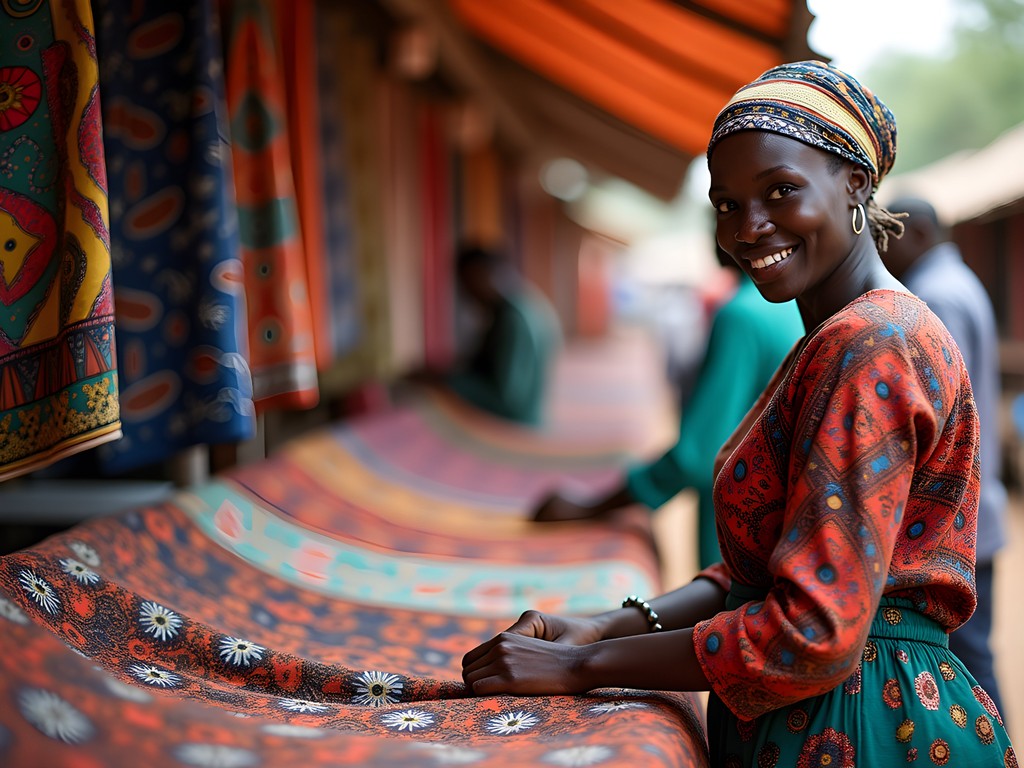
💡 Pro Tips
- Visit markets early morning when temperatures are cooler
- Photograph local scenes with permission and sensitivity
- Consider hiring a university student as a weekend guide for cultural context
Practical Essentials: Health & Preparation
Preparing for Bangui requires more medical consideration than typical business destinations. Yellow fever vaccination is mandatory, and proof will be checked upon arrival. I also recommend malaria prophylaxis, typhoid, and updated routine vaccinations.
The city's medical facilities are extremely limited. I always travel with an extensive travel medical kit containing prescription antibiotics, antimalarials, and comprehensive first aid supplies. This particular kit includes sterile equipment and medications specifically chosen for destinations with limited healthcare.
Water safety is paramount. I relied on my water purification bottle throughout my stay, which filters pathogens, chemicals, and microplastics from tap water in just 8 seconds. This eliminated the need for single-use plastic bottles while ensuring safe hydration.
Bangui's equatorial climate means intense heat and humidity year-round, with slightly cooler temperatures from December to February (when I visited). The dry season (November to March) offers more reliable conditions for business travel, while the rainy season can complicate transportation and outdoor activities.
Electricity operates on European standards (220V with round two-pin plugs), so pack appropriate adapters. Given frequent outages, a headlamp is essential for navigating sudden darkness, whether in your hotel or returning from an evening meeting.
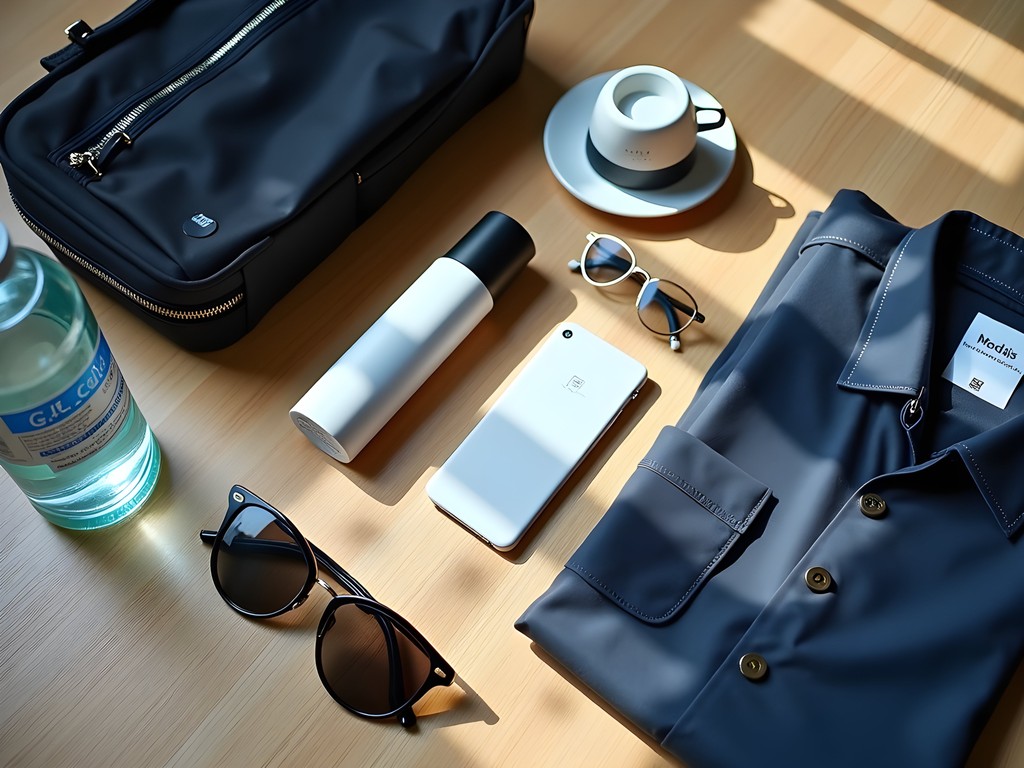
💡 Pro Tips
- Visit a travel health clinic at least 6 weeks before departure
- Pack all essential medications in original packaging with prescription documentation
- Drink only purified or bottled water and avoid raw vegetables and unpeeled fruits
Final Thoughts
Bangui may never compete with Johannesburg or Nairobi as a business hub, but therein lies its unique value. My week along the Ubangi River revealed a city of contradictions - challenging yet rewarding, complex yet genuine. For business travelers willing to embrace flexibility and cultural immersion, Bangui offers professional insights impossible to gain in more polished destinations.
The Central African Republic continues navigating its path toward stability, and responsible business engagement can contribute positively to this journey. By extending your business trip to include cultural exploration, you'll not only gain deeper context for professional interactions but also witness the resilience and creativity that define this overlooked capital.
As I departed Bangui, watching the red earth and winding river recede beneath the plane, I carried with me not just business connections but a profound appreciation for a place that demands we look beyond headlines. Whether your work brings you here for negotiations, development projects, or consultancy, I encourage you to approach Bangui with prepared respect and open curiosity. The challenges are real, but so too are the rewards of experiencing one of Africa's least understood capitals.
✨ Key Takeaways
- Prepare thoroughly for health, safety and infrastructure challenges
- Build extra time into your schedule for relationship development
- Extend your business trip to include cultural experiences for deeper understanding
- Support local businesses and artisans whenever possible
📋 Practical Information
Best Time to Visit
November to February (dry season)
Budget Estimate
$150-250 USD/day for business travelers
Recommended Duration
5-7 days minimum
Difficulty Level
Challenging
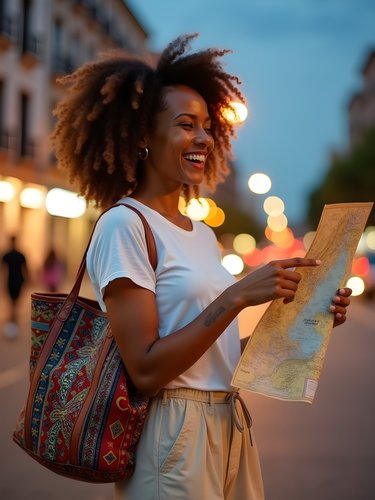
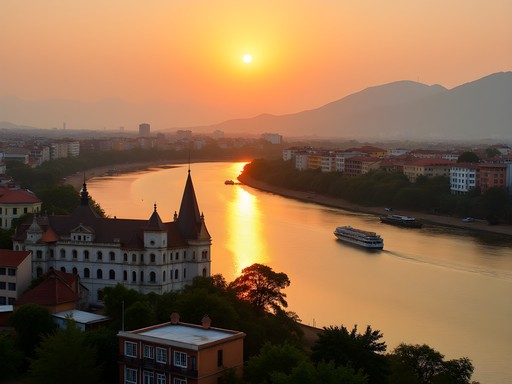
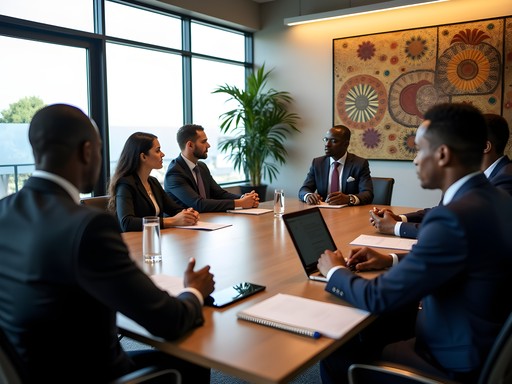
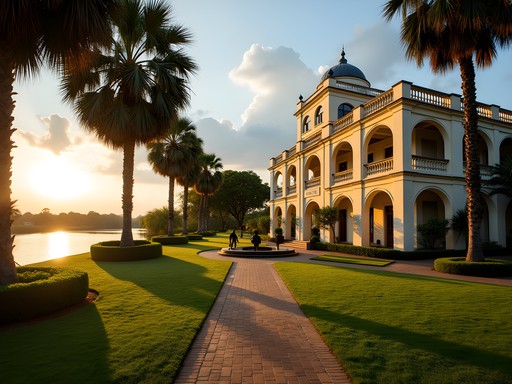
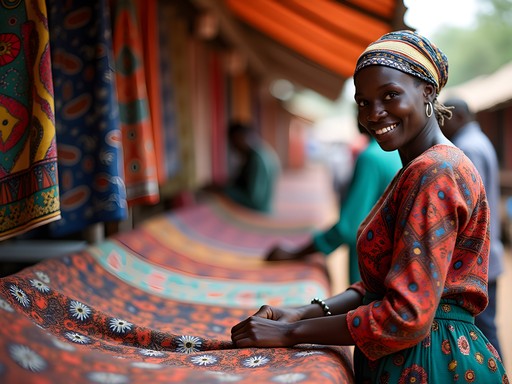
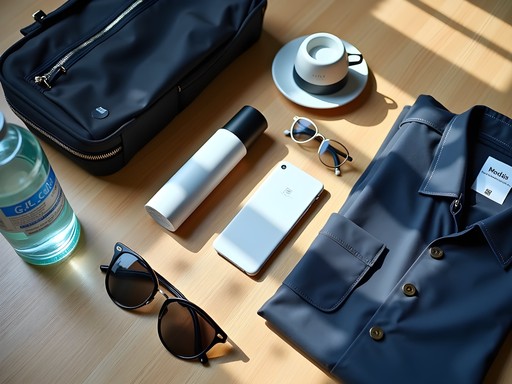


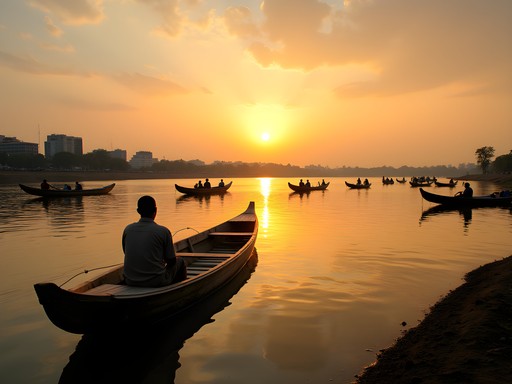
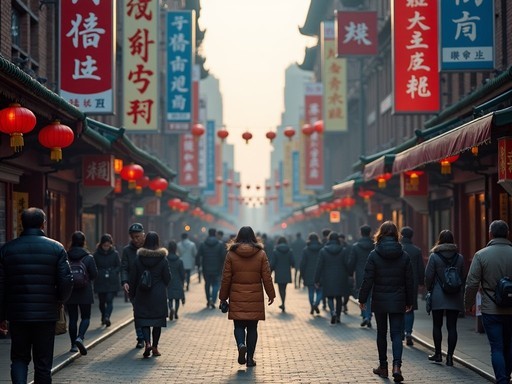
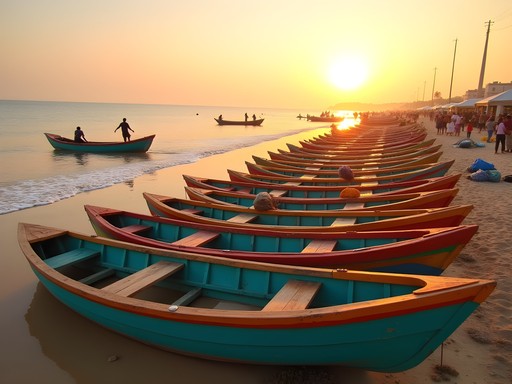
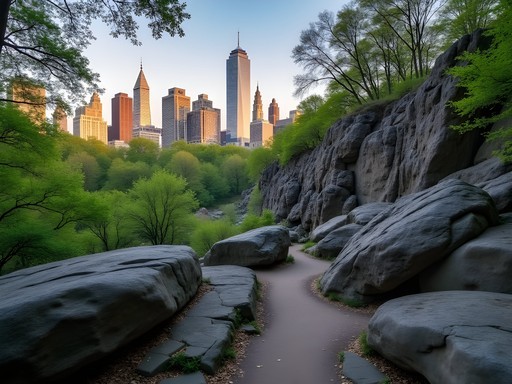
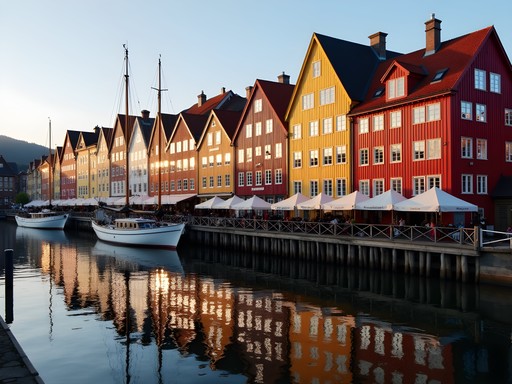
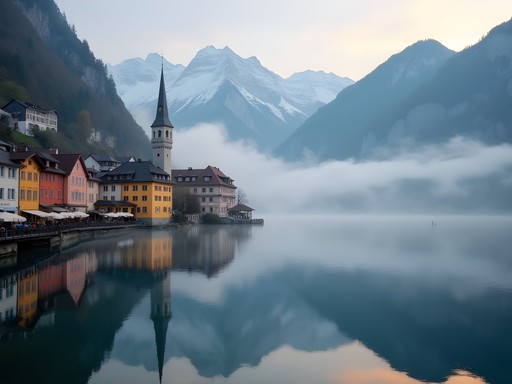
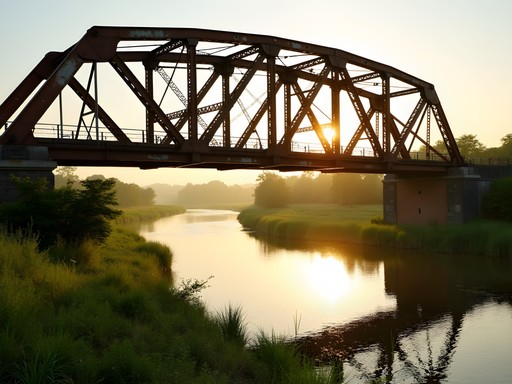
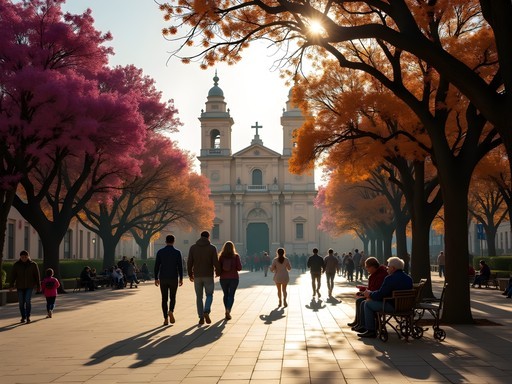
Comments
mountainvibes
wow didn't expect to see Bangui on here!
Francesca Webb
Right? It's definitely not on the typical travel radar, but that's part of what made it so interesting!
tripdiver
Just booked my trip to CAR for a humanitarian project next spring and found your post! Can't tell you how helpful this is - especially the accommodation tips! Hotel Ledger looks perfect. Did you find the internet reliable enough for video calls? That's my biggest concern for staying connected with my organization.
Francesca Webb
Glad it's helpful! Internet at Hotel Ledger was workable but inconsistent. I'd recommend having a backup plan like a local SIM with data. Early mornings (5-7am) seemed most reliable for video calls when fewer people were using the bandwidth.
tripdiver
That's super helpful, thanks! Will definitely get a local SIM and schedule my important calls for early morning.
Savannah Walker
I was in Bangui last year for an NGO project and your guide really captures the essence of the city! I'd add that the Boganda National Museum is worth a visit if you have time - small but provides great context on CAR's history. For those worried about connectivity, I found my portable hotspot absolutely essential as the hotel wifi was spotty. The riverside restaurants near Km5 served amazing fish dishes, though I always went with local colleagues. Great post, Francesca!
Francesca Webb
Thanks for the museum tip, Savannah! I missed that one. And you're right about connectivity being an issue - good planning is essential.
hikingvibes
Savannah, did you feel the portable hotspot was necessary everywhere or just in certain areas?
Savannah Walker
Mainly in the hotels and some office buildings. The cellular network was actually decent in the city center!
Jean Wells
I visited Bangui in 2023 as part of my research on post-conflict economic development. Your observations about business culture are spot-on, particularly regarding the importance of personal connections and patience. I would add that the Restaurant La Tentation near Hotel Oubangui offers excellent meeting spaces for business discussions—quieter than most venues and with reliable Wi-Fi (a rarity). The weekend market near Boganda Museum deserves more attention; I found artisanal crafts there that I've seen nowhere else in Central Africa. Did you have a chance to visit the university? The architecture is fascinating—a blend of colonial and post-independence styles that tells the country's complex story through buildings alone.
Francesca Webb
Thank you for these additional insights, Jean! I didn't make it to La Tentation or the university, unfortunately. My time was quite structured with the workshop. I'll definitely note these for a future visit. The weekend market was indeed a highlight for me too.
tripdiver
Jean, did you feel safe visiting the markets? Planning a possible trip for next year.
Jean Wells
I went with a local guide which I'd strongly recommend. Daytime visits felt secure enough, but situational awareness is essential. I used my travel money belt rather than carrying a visible purse or wallet.
globeguide
Really interesting post! How did you handle safety concerns while there? I've always been curious about CAR but worried about security issues.
Francesca Webb
Thanks for asking! I stayed in recommended areas, used trusted drivers arranged by my hotel, and always kept local contacts informed of my movements. The security situation varies, so it's essential to get current advice before traveling. My organization also provided security briefings which were invaluable.
globeguide
That makes sense. Thanks for the tips!
starclimber
Wow, Bangui! Now that's an off-the-beaten-path destination I never thought I'd read about. Thanks for the insights!
journeyking
Been to Bangui twice. Pro tip: bring cash (EUR preferred) as ATMs aren't reliable. And don't miss the grilled fish at the riverside spots!
beachking
Thanks for the cash tip! Any specific riverside restaurant you'd recommend?
journeyking
There's a place near Hotel Oubangui with blue umbrellas - can't remember the name but locals know it. Great fish and atmosphere!
wanderqueen
I never considered CAR as a destination but your post makes it sound interesting! Which hotel would you recommend for a first-timer?
Francesca Webb
I stayed at Hotel Ledger Plaza which was comfortable and had good security. Oubangui Hotel also has nice views of the river if you can get a room facing that way!
coolstar
Wow, not many people write about Bangui! This is so helpful for those of us who travel to less-visited places. The river views look amazing!
hikingvibes
How safe did you actually feel in Bangui? I've heard mixed things and have a potential work trip coming up there.
Francesca Webb
Hi hikingvibes! I felt relatively safe, but I was cautious. Stuck to recommended areas, didn't go out alone at night, and arranged transportation through my hotel. The security situation can change quickly, so check travel advisories before you go!
hikingvibes
Thanks for the quick response! That's reassuring to hear.
Venture X
Premium card with 2X miles, $300 travel credit, Priority Pass